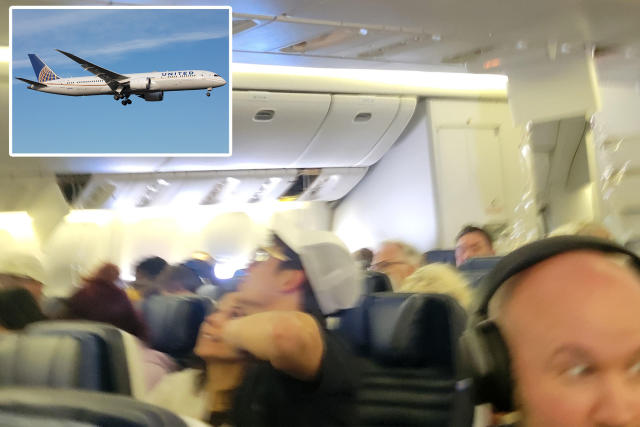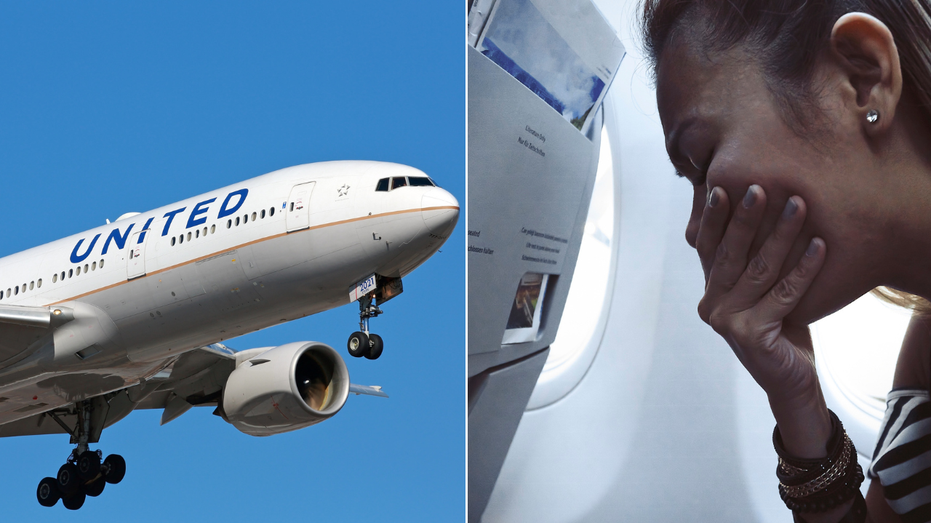A United Airlines flight bound for Boston was diverted on Sunday due to what the airline described as a ‘biohazard’ issue caused by a passenger becoming ill. The incident highlights the challenges airlines face in managing unexpected situations during flights.

United Airlines flight 2477, a Boeing 737-800, departed from Houston at 9:39 a.m. CT on Sunday, destined for Boston. However, the flight was forced to reroute when a customer became sick, according to a statement provided by United Airlines to media outlets.
The aircraft was diverted to Washington Dulles International Airport, landing at 1:36 p.m. ET, as reported by flight tracking service FlightAware. Reports from passengers and crew members indicated that the situation on board was severe, with crew members reportedly becoming ill and passengers requesting masks.
Upon arrival at Dulles, none of the 155 passengers and 6 crew members required medical assistance, according to United Airlines. The airline stated, “The aircraft is currently undergoing a deep clean and we are working to get customers on their way to Boston soon.”

Flight tracking information showed that the aircraft was scheduled to depart Dulles and continue its journey to Boston at 3:40 p.m. ET, suggesting a relatively quick turnaround despite the unexpected diversion.
This incident is not isolated in the realm of in-flight disruptions. Airlines regularly face challenges ranging from medical emergencies to passenger behavior issues. United Airlines, like other carriers, has protocols in place to handle such situations, prioritizing passenger and crew safety.
While details about the specific nature of the illness were not disclosed, the airline’s swift action in diverting the flight and conducting a thorough cleaning of the aircraft demonstrates the seriousness with which such incidents are treated.
As air travel continues to recover from the impacts of the global pandemic, incidents like these serve as reminders of the complex logistics involved in ensuring safe and comfortable journeys for passengers. Airlines must balance the need for on-time performance with the paramount importance of passenger and crew well-being.
Passengers planning to travel are reminded to stay informed about airline policies and to follow crew instructions during flights. Airlines continue to emphasize the importance of passengers being aware of their health status before boarding and taking necessary precautions to ensure the safety and comfort of all on board.
United Airlines’ handling of this situation reflects the industry’s commitment to addressing unexpected challenges promptly and effectively. As more details become available, the airline industry may use this incident as a case study to further refine procedures for managing in-flight medical situations and related disruptions.



